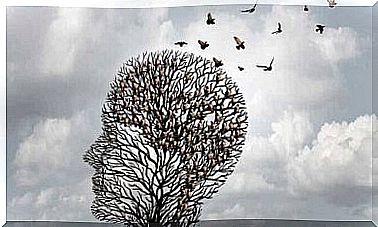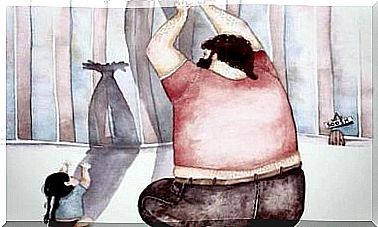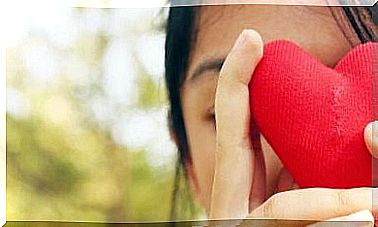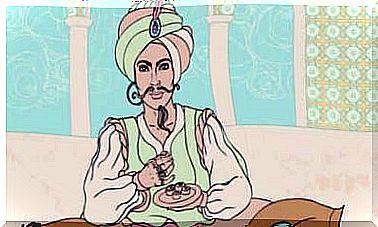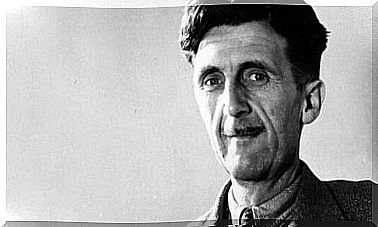Being A Parent Causes A Hormonal Shift
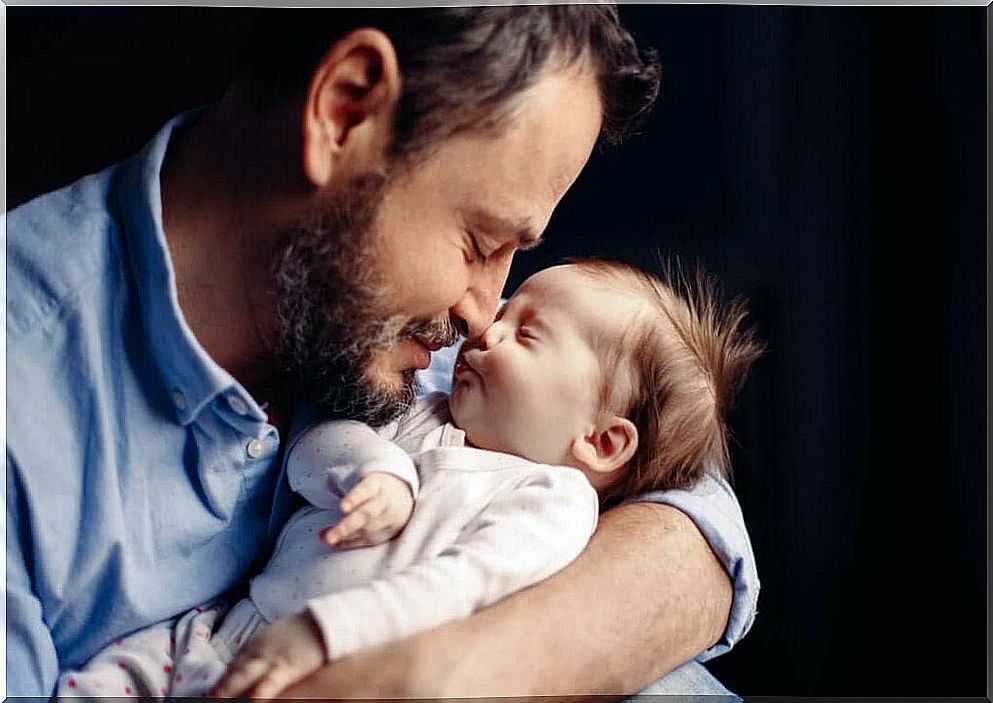
Being a father is a very intense experience for some men, to the point of getting very close to what a woman experiences as a mother. This has been confirmed by several studies carried out with parents who showed physiological changes similar to those that occur in women.
These studies show that, biologically, men come into the world with the tools to be parents and enjoy this experience. We might think that some are not given to getting deeply involved in this wonderful situation due to the influence of cultural factors.
Just as being a mother has different meanings for a woman, men also have many different ways of dealing with the experience of being a father. The truth is that nature has prepared the ground so that, in both cases, the arrival of a child is something gratifying and full of meaning.
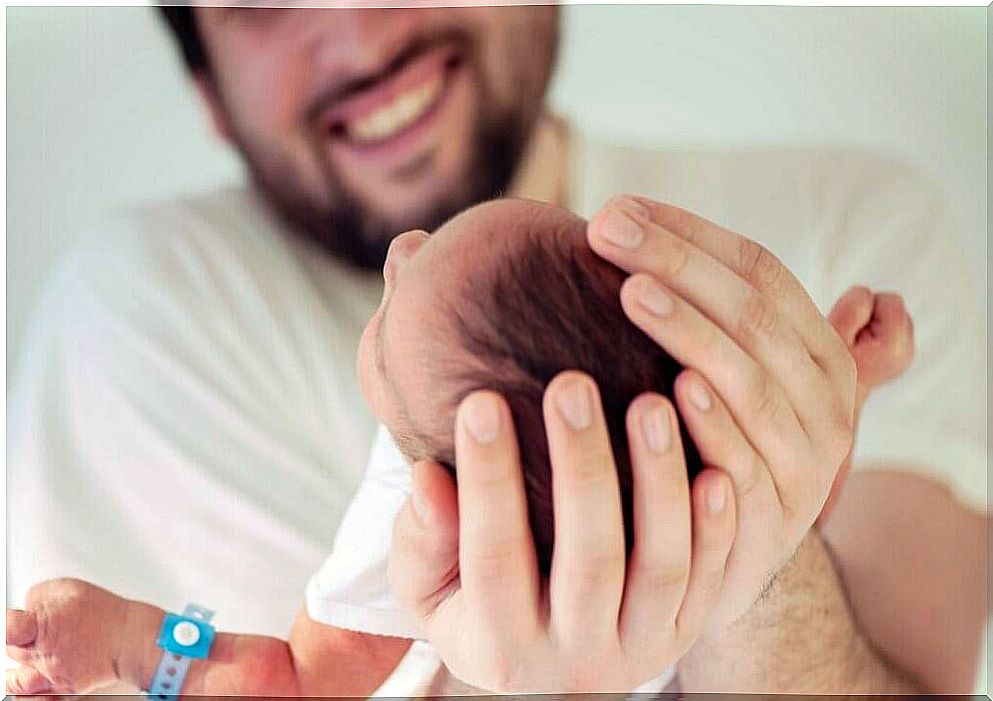
Being a father causes a hormonal shift
A survey conducted by Emory University and published in the journal Hormones and Behavior investigated the relationship between the experience of being a father and hormonal changes. For this, a group of volunteers with something in common was recruited: they all had healthy children aged between 1 and 2 years.
All participants were monitored using functional MRI of the brain. Each of the volunteers was shown a photograph of their child, along with one of an unknown child and adult.
The experiment found that there was greater neuronal activity in the brain systems associated with reward and empathy when these parents viewed their children’s pictures. This is due to an increase in the production of oxytocin, the famous “love hormone”. Previous studies have shown that the same is true for mothers.
These data corroborate the conclusions of another survey conducted in 2014 and published in PNAS. She pointed out that fathers who become a baby’s primary caregivers have brain activity very similar to women who are mothers.
Baby blues
Postpartum depression is a state of sadness, emptiness and apathy that many women experience after the birth of their children. It is estimated to affect up to 30% of mothers, and in some of them it is so noticeable that it is often mistaken for psychosis.
However, a study published in the journal Pediatrics led by Dr. Craig Garfield shows another situation. The survey found that a significant number of parents also showed signs of postpartum depression. It was concluded that these traits were more visible in parents who did not live with their children than in those who lived close to the little ones.
According to the survey, these symptoms are present in up to 10% of men who have children for the first time. Furthermore, it was established that, unlike in mothers, in fathers, the equivalent of postpartum depression appears between the third and sixth month of the baby’s life.
For Canadian psychologist Francine de Montigny, who also researched the subject, one in ten parents suffer from postpartum depression. In his opinion, what triggers this situation is the fear of failure as a father and the competition for the mother’s attention and affection.
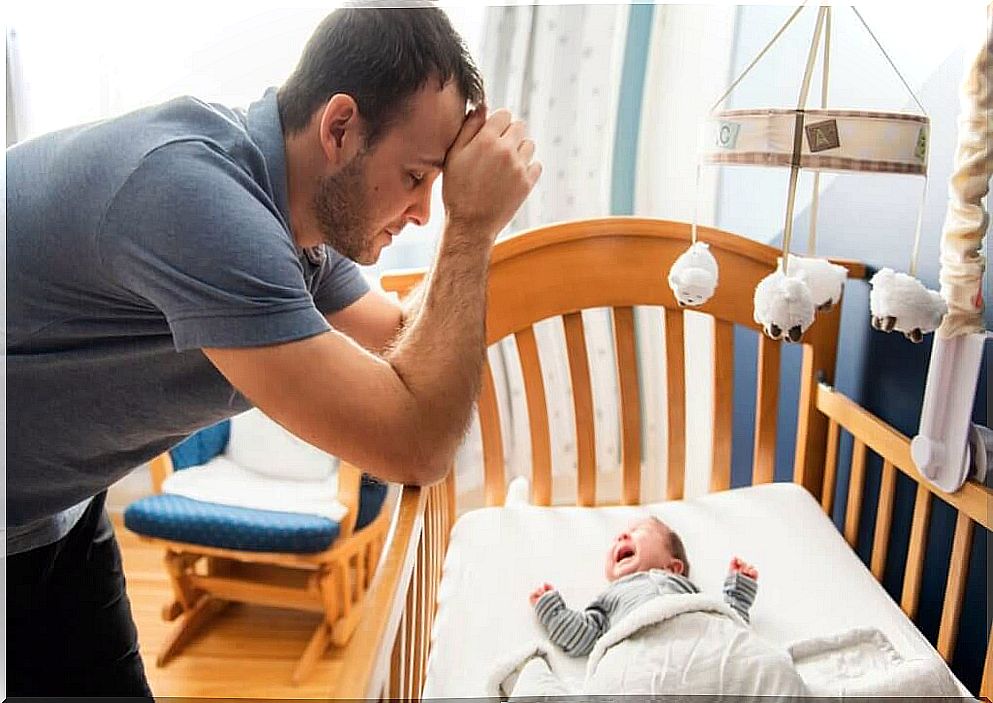
Fatherhood in today’s world
Parenthood has often been devalued, especially in strictly patriarchal societies. There is the idea that being a father is an experience more associated with affection than with responsibility. In recent years, many parents have been deeply involved in raising their children and have proven that it is possible to achieve a balance in this aspect and move away from the traditional division of tasks.
The studies cited in this article support this. In fact, they prove that the experience of being a parent causes positive hormonal changes. The increase in the production of oxytocin, observed in the first experiment mentioned, supposes the presence of a state of mind close to what we call happiness.
In the second study, which is about postpartum depression, the influencing factors are not so much physiological as psychological. The truth is, they are there and they are traditionally forgotten. Being a parent is a wonderful experience that, if taken on fully, increases well-being. However, it is clear that men also need support and understanding to face this beautiful experience.
